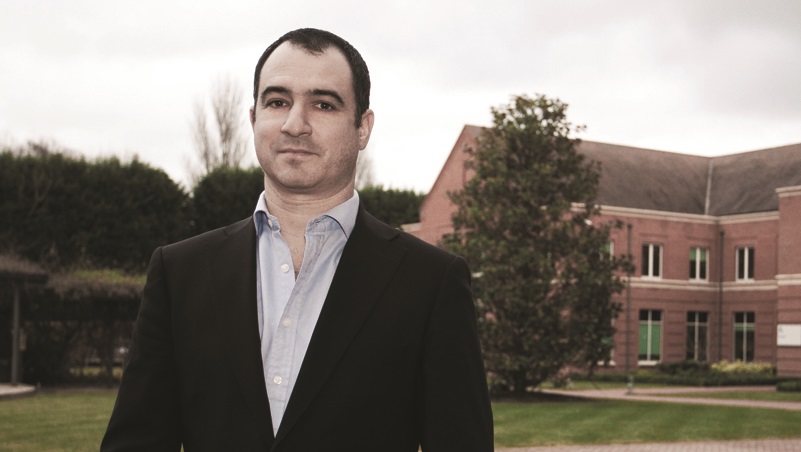Invesco is preparing to rid Mark Barnett’s UK equity income funds of unquoted companies as the holdings face a 60% write down in their value.
Invesco said capital raised from the unquoted sale would be redeployed into a range of large and mid-cap quoted companies “which we believe offer a significant investment opportunity – being heavily discounted, well below our assessment of their true value”. It said more than 70% of the funds were invested in publicly listed companies worth more than £1bn.
Portfolio Adviser understands the Invesco Income and High Income funds currently hold between 8% and 9% in unquoteds meaning the write down will see 5% immediately knocked off the unit price of the funds.
The unquoted weighting had been exacerbated by the coronavirus sell-off with the allocations representing just over 5% in each fund at the end of February. Since 20 February, when the market sell-off took hold, Invesco Income and High Income have each fallen 33%, compared to the IA UK All Companies average of –30%.
Invesco said in a statement that there had been “a significant shift in risk tolerance towards illiquid or unquoted assets in the last year”.
60% write down seems drastic
Chelsea Financial Services research director Juliet Schooling Latter said Invesco’s decision to write down 60% of unquoted stocks in Barnett’s funds “seems a little drastic”.
Latter noted Invesco’s write downs are three to 10 times larger than the 5% to 22% markdowns seen in the VCT space where managers frequently invest in unquoted companies.
“We understand Invesco’s wish to move away from these assets into more attractive parts of the market, but the amount of write down is unjustified in our view,” Latter said.
“While there may be investor appetite for the funds to hold fewer unquoted stocks, I would doubt that investors would want this at the cost of a 5% drop in the value of their investments.”
Barnett unquoted holdings near 10% amid coronavirus sell-off
Barnett has been dogged by comparisons with Neil Woodford, who had been his predecessor on the two funds before he left Invesco to set up his eponymous fund house in 2014. The Woodford Equity Income suspension, due to liquidity mismatch between the unquoted holdings and the daily dealing fund, shone a spotlight on Barnett’s portfolio, which also had a small allocation to these illiquid companies.
In November, Barnett sought to distance himself from his Invesco predecessor, pointing out that unquoted exposure represented 5% of total assets across his funds.
But following the hit from the coronavirus sell-off the value of Barnett’s unquoted stocks have risen in the portfolio. The £2.4bn Invesco High Income has about 8% in unlisted companies, while Invesco Income, which is double the size at £4.6bn, now has between 8-9%.
Invesco said no new allocations to unquoted companies had been made since 2017.
It said in a statement: “As an active manager, fund composition changes as markets move and opportunities arise, but this is an allocation decision, the investment objective, philosophy and discipline remain unchanged. These are extraordinary times which call for decisive and positive action to look after the best interests of clients in the short and longer term. This step is entirely consistent with our valuation driven, risk-adjusted investment management strategy and ensures we remain in tune with market conditions.”
In addition to battling outflows and poor performance Barnett also saw his Edinburgh Trust mandate yanked from him after the board grew impatient waiting for him to turn performance around. Majedie Asset Management CIO James de Uphaugh is taking over the investment trust.
Both Invesco High Income and Income are currently languishing toward the bottom of the IA UK All Companies sector over one, three and five years, as is his smallest fund Invesco UK Strategic Income, which only has £139.6m in assets.
Data from Morningstar shows investors yanked £1bn from Barnett’s Invesco funds in the final quarter of 2019, £450m of which flowed out during November when the research house downgraded his High Income fund.










